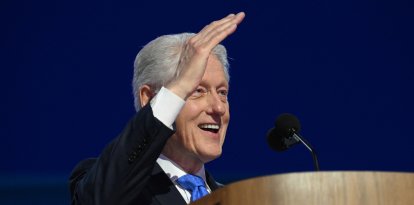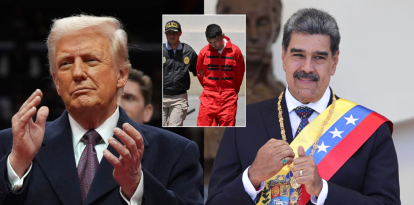A survey reveals that 44% of Americans say the Vietnam War was 'unjustified'
In addition, 70% of Americans said that Vietnam war veterans were not treated well when they returned home.

U.S. Army soldier (Archive)
As the United States approaches the 50th anniversary of the end of the Vietnam War, a national survey conducted by Nexstar in collaboration with Emerson College offers an introspective look at the lessons learned and lasting impact of this two-decade conflict.
The survey, which included approximately one-quarter Vietnam veterans among the respondents, reveals critical perceptions about the justification for the war, its teaching in schools, and the treatment of veterans.
According to the results, 44% of U.S. adults believe the Vietnam War was not justified, making it the most questioned conflict of the past century, surpassing even the invasion of Iraq, which 38% rated as unjustified.
Among Vietnam veterans, the perception is even more marked: 46% stated that the conflict in which they participated was not justified. Spencer Kimball, Emerson's director of polling, noted that, when asking veterans about six different conflicts, from World War I to Afghanistan and Iraq, "they found every war to be justified — except for the Vietnam war they participated in.”
Confusion about the reasons for the war
According to the survey, 50% of respondents admitted to being unclear about why the United States fought in Vietnam. In addition, only 17% believe that schools teach accurately about this conflict, underscoring a gap in history education.
Treatment of Vietnam veterans
70% of Americans said they were not treated well when they returned home, a sentiment that reflects the social rejection many faced at the time.
In terms of mental health, 79% of Vietnam veterans acknowledged post-traumatic stress disorder (PTSD) as a "major problem." However, only 25% seek mental health treatment.
Kimball noted that "Not only is there stigma for the general population to get help, but it’s even lower amidst veterans — who are reporting they see the mental health needs but are not actually receiving help themselves.”
Despite the deep divisions that characterized the United States during the Vietnam War, 43% of respondents believe the current era is even more divisive.
Moreover, the same proportion noted that the country has not learned the lessons of Vietnam or become more cautious about engaging in foreign conflicts, suggesting that the wounds of this conflict continue to resonate.

























